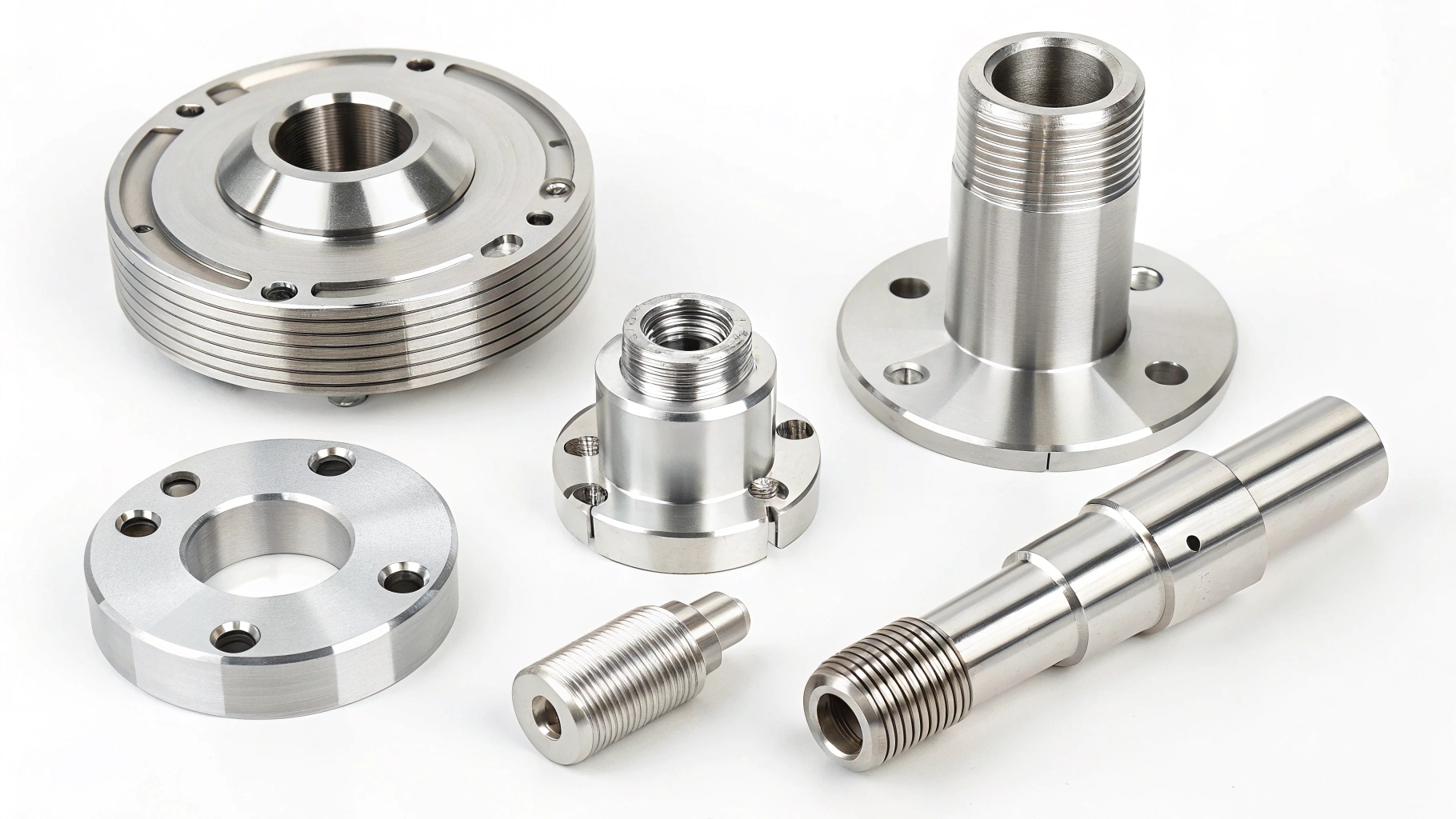
Steel selection can be tricky. Understanding the best options simplifies your CNC machining process.
The best steel for CNC machining depends on its properties, application, and budget. Factors like hardness, strength, and corrosion resistance play a vital role.
Keep reading to discover the ideal steel options for CNC machining needs.
Factors to Consider When Choosing Steel for CNC Machining?
Steel choice can make or break CNC machining projects. Let's explore the essential factors.
Key factors include machinability, strength, corrosion resistance, and cost. Each property determines steel's suitability for specific machining tasks.
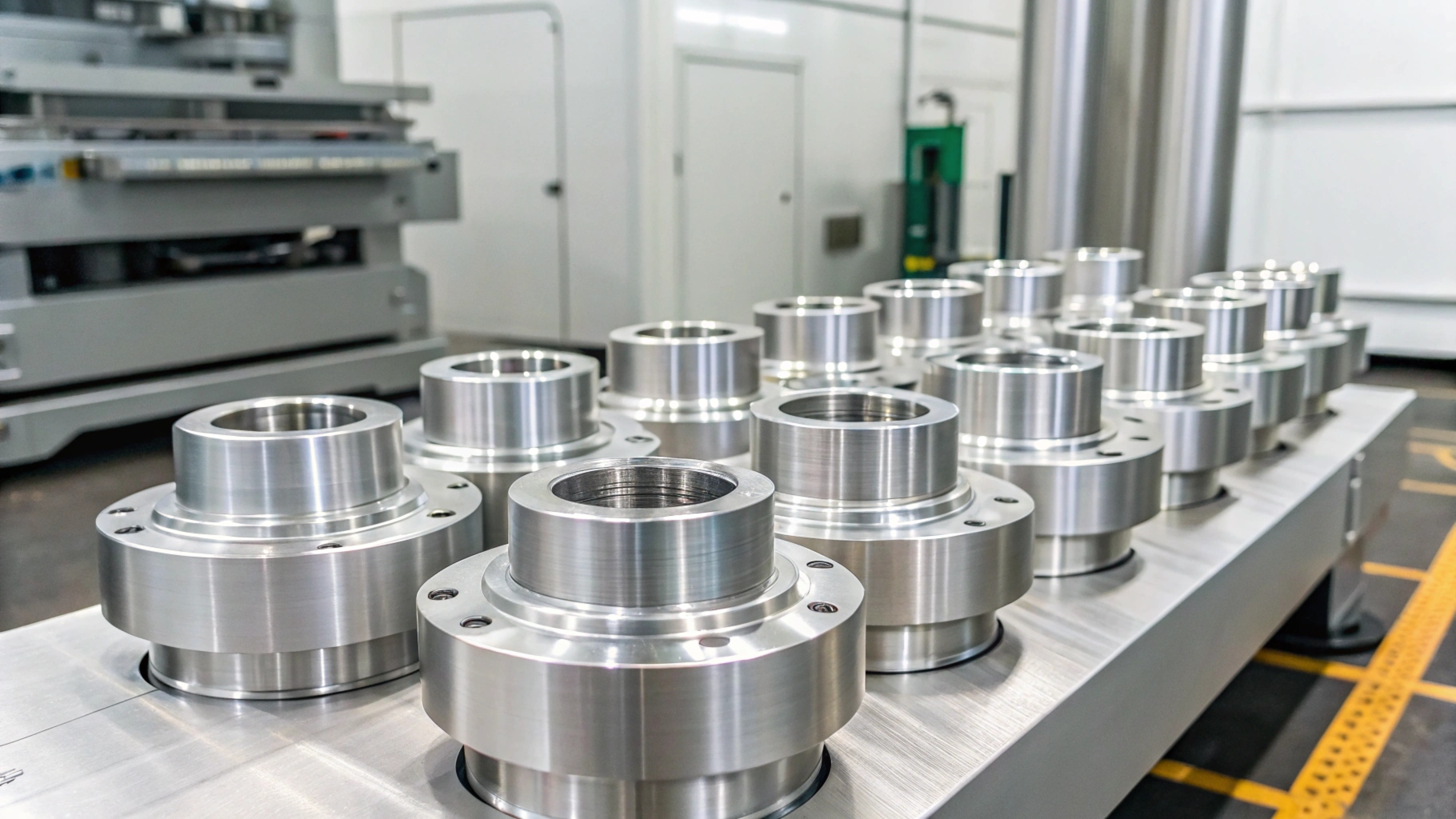
Dive-Deeper: Breaking Down Key Factors
Choosing the right steel involves understanding its core properties:
Machinability 1
- Definition: Ease of cutting, drilling, or milling.
- High machinability steels: Save time and reduce tool wear.
| Steel Grade | Machinability Rating (1-10) | Common Applications |
|---|---|---|
| 1018 Carbon Steel | 9 | General machining, fixtures |
| 304 Stainless | 6 | Medical tools, kitchenware |
Strength
Steel strength directly impacts load-bearing applications. Stronger steel can handle high stress without deformation.
Corrosion Resistance 2
Applications in moist or chemical environments demand corrosion-resistant steels, like stainless steel.
Cost
High-grade steels may improve performance but increase costs. Balance quality with budget constraints.
Top Steel Types for CNC Machining: A Quick Overview?
Not all steels are equal. Each type offers unique properties suited for specific needs.
Common steels include carbon steel, stainless steel, alloy steel, and tool steel. Each type serves distinct purposes in CNC machining.
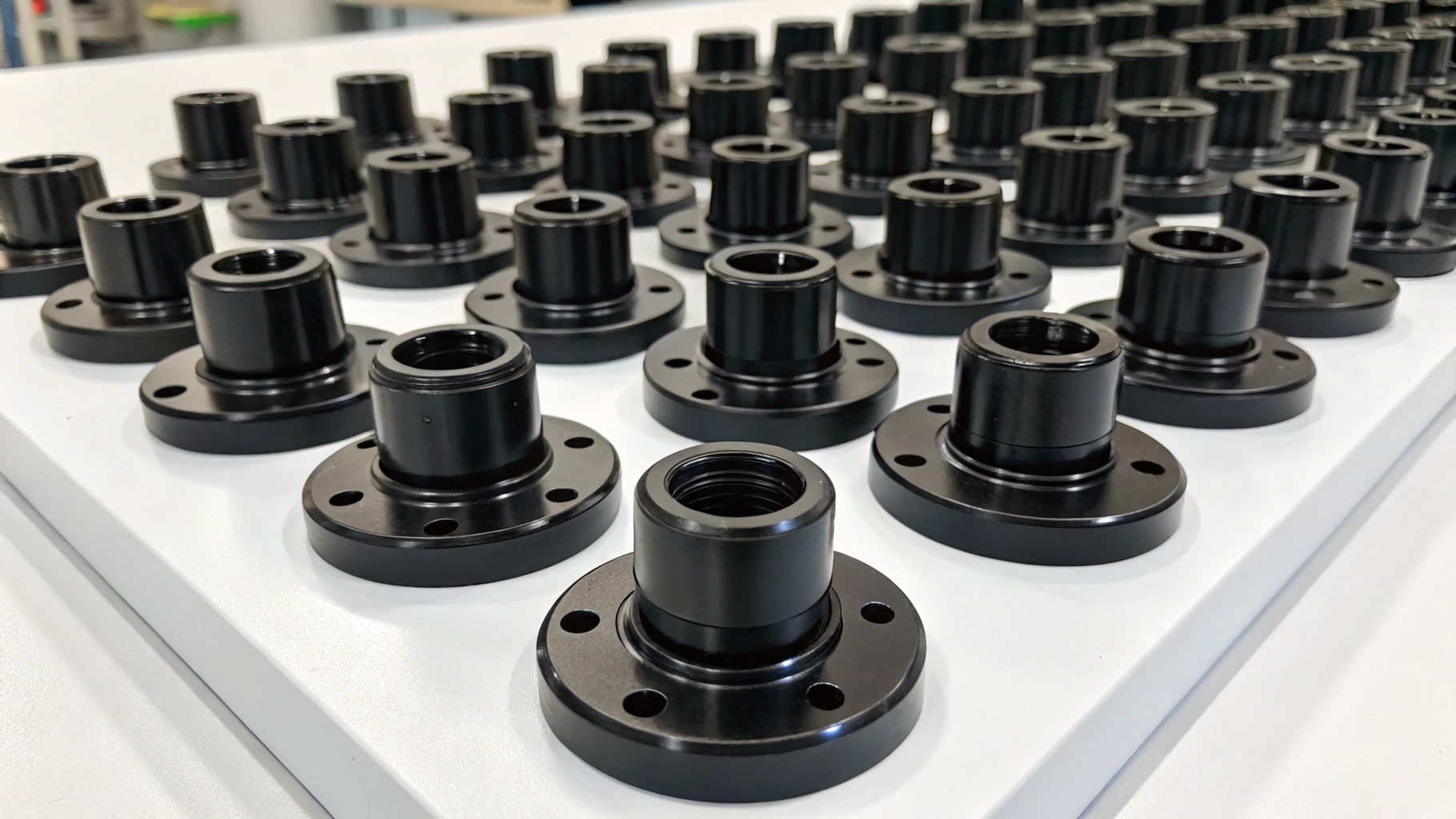
Dive-Deeper: Detailed Analysis of Steel Types
Carbon Steel
- Properties: Affordable, versatile, and strong.
- Drawbacks: Susceptible to rust without treatment.
Stainless Steel
- Properties: Excellent corrosion resistance, durable.
- Drawbacks: Higher cost, moderate machinability.
Alloy Steel
- Properties: Enhanced by other elements (chromium, nickel).
- Drawbacks: May require heat treatment for optimal performance.
| Steel Type | Strength | Corrosion Resistance | Cost |
|---|---|---|---|
| Carbon Steel | Moderate | Low | Low |
| Stainless Steel | High | High | High |
| Alloy Steel | High | Moderate | Moderate |
Tool Steel
Tool steels are hard and wear-resistant. Perfect for tools, dies, and cutting instruments.
Comparing Carbon Steel and Stainless Steel for CNC Applications?
Both types are widely used. Choosing between them depends on the project’s needs.
Carbon steel: Easy to machine, strong, affordable, but rusts.
Stainless steel: Corrosion-resistant, durable, harder to machine, higher cost.
Choose based on application needs.
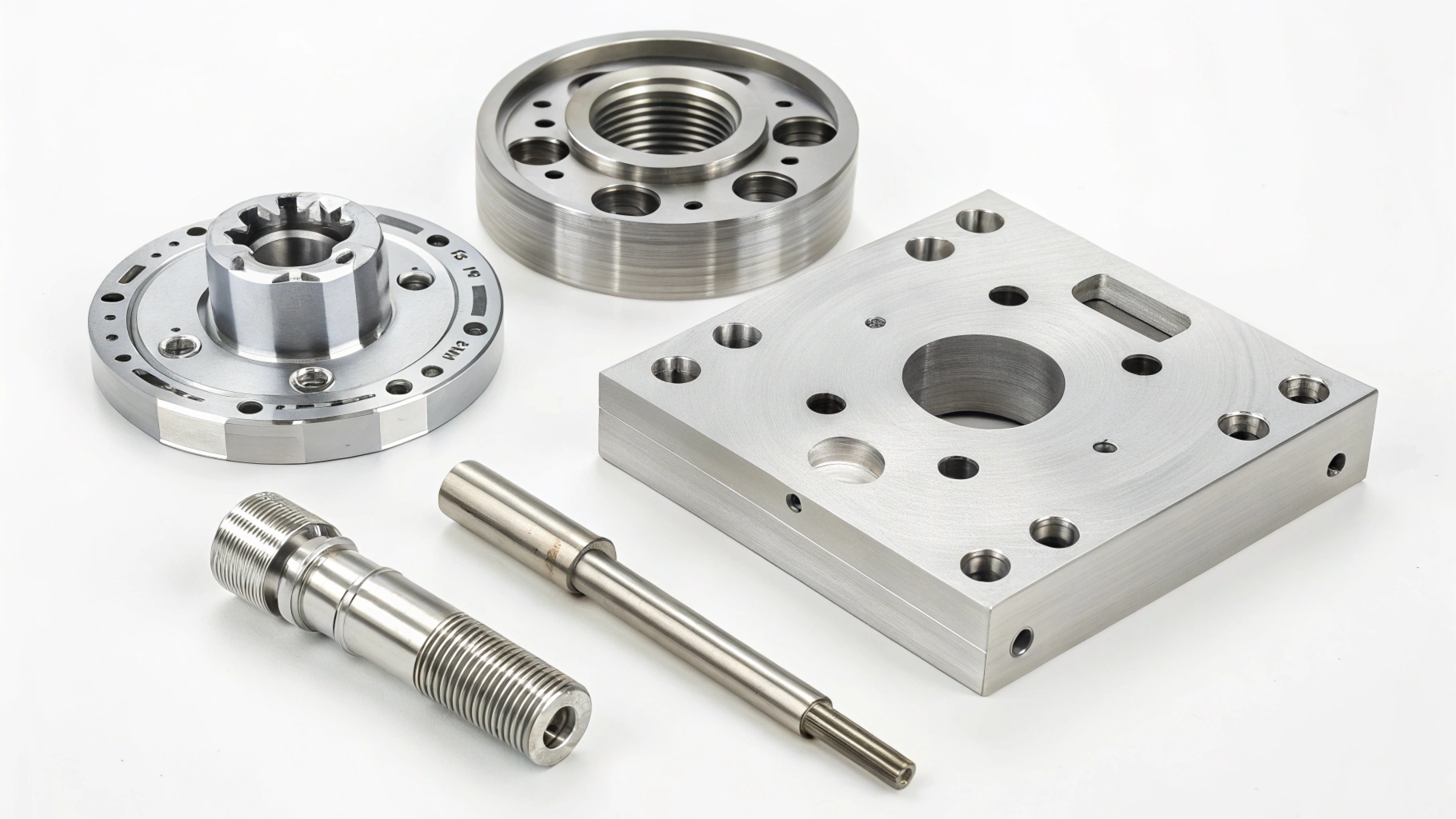
Dive-Deeper: Head-to-Head Comparison
Material Properties
- Carbon Steel: Strong and economical.
- Stainless Steel: Durable, resistant to environmental damage.
Machinability
- Carbon steel cuts faster due to lower hardness.
- Stainless steel requires precise tool setup to prevent wear.
Cost Implications 3
| Feature | Carbon Steel | Stainless Steel |
|---|---|---|
| Price | Affordable | Expensive |
| Maintenance | Requires coatings | Low maintenance |
Both are great, but stainless steel suits harsh environments better.
Heat-Treated Steels: Enhancing Strength and Durability?
Heat treatment4 transforms ordinary steel into high-performance material.
Heat treatment improves steel’s hardness, ductility, and wear resistance. Techniques like quenching and annealing are widely used.
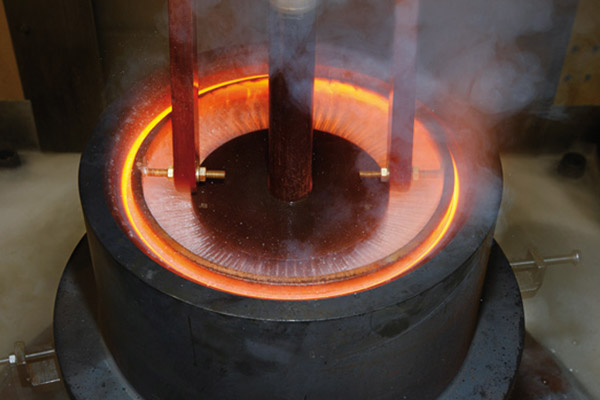
Dive-Deeper: Types of Heat Treatments
Quenching
Rapid cooling increases steel’s hardness but can make it brittle.
Annealing
Slow cooling improves ductility and reduces internal stress, making steel easier to machine.
Case Hardening
This process hardens the surface layer while keeping the core soft, ensuring toughness.
| Treatment Type | Effect on Steel | Common Use Cases |
|---|---|---|
| Quenching | High hardness, brittle | Cutting tools |
| Annealing | Soft, ductile | Sheet metal applications |
| Case Hardening | Hard surface, tough core | Gears, shafts |
Heat-treated steels expand the scope of CNC machining.
Best Applications for Different Steel Grades in CNC Machining?
Choosing the right steel impacts the project’s success. Here’s a look at optimal matches.
- 1018 Carbon Steel5: Structural parts and fasteners.
- 304 Stainless Steel6: Corrosion-resistant parts for food and medical use.
- 4140 Alloy Steel7: Gears, shafts, and tools.
- D2 Tool Steel: Molds, dies, and cutting tools.
Choose based on strength, wear, and corrosion needs.
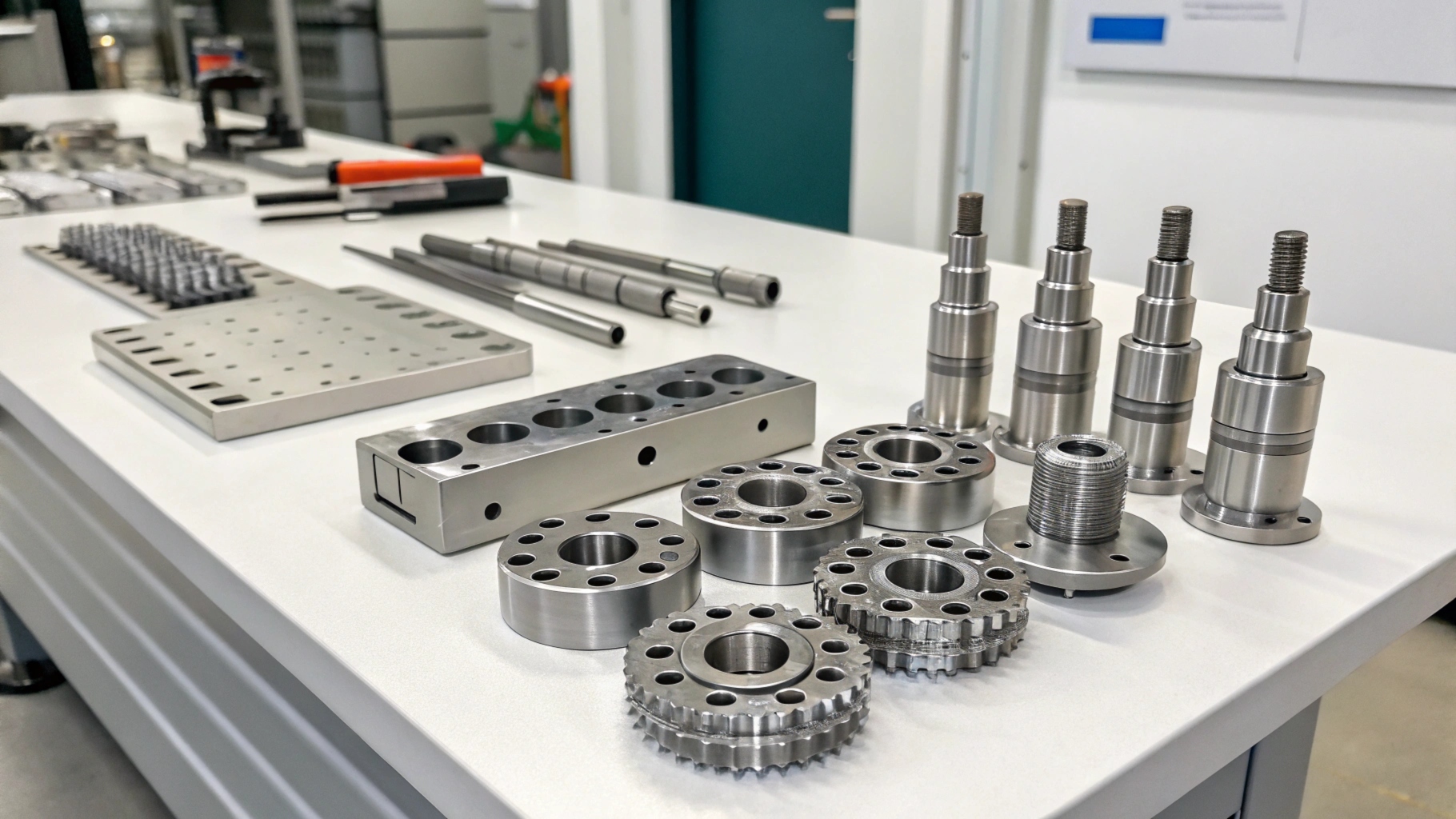
Dive-Deeper: Steel Grades and Use Cases
Automotive Industry
- Grade: 1018 Carbon Steel
- Why? Affordable, high machinability, and reliable.
Aerospace Industry
- Grade: 4130 Alloy Steel
- Why? High strength-to-weight ratio.
Medical Industry
- Grade: 316 Stainless Steel
- Why? Corrosion-resistant, biocompatible.
Comparison Table
| Industry | Steel Grade | Key Features |
|---|---|---|
| Automotive | 1018 Carbon Steel | Cost-effective, versatile |
| Aerospace | 4130 Alloy Steel | Lightweight, durable |
| Medical | 316 Stainless Steel | Corrosion-resistant, hygienic |
Selecting the proper steel ensures efficiency and longevity.
Conclusion
Finding the best steel for CNC machining involves balancing factors like machinability, strength, and cost. By understanding steel types and applications, you can achieve optimal performance for every project.
-
Explains the factors to determine the machinability of steel for CNC machining. ↩
-
Explains the Importance of Corrosion Resistance of Steels. ↩
-
Explains the Cost and Application between carbon steel and stainless steel. ↩
-
Learning about heat treatment processes can enhance your knowledge on how to increase steel's performance, crucial for applications demanding high strength and durability. ↩
-
Discover why 1018 Carbon Steel is preferred for structural parts and fasteners, offering affordability and high machinability. ↩
-
Learn about the superior corrosion resistance of 304 Stainless Steel, making it ideal for food and medical applications. ↩
-
Explore the high strength and durability of 4140 Alloy Steel, perfect for demanding applications like gears and tools. ↩

